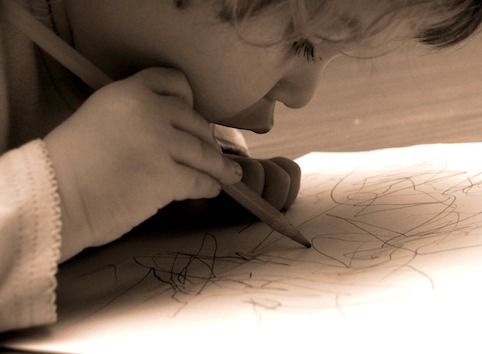Develop Your Child’s Self-Efficacy
Posted by Collaborative Counseling

What Is Self-Efficacy?
Pretty much all parents aim to have confident and successful children. At the core of a confident person is the belief that “I am able”, “I can do this” or “I am good”. One of the keys to raising confident children is to help children to develop a sense of self-efficacy.
How To Encourage Self-Efficacy
In simple terms, you build self-efficacy through accomplishing things and doing things on your own. To help build this, never do for a child what they can do for themselves. Never is a strong word but if you err closer to never than always you are teaching your child that they can do for themselves, they are capable and they can figure their own problems out.
Children are always making decisions that shape their personality. Decisions become beliefs. Children are making decisions about:
- Who they are (good or bad, capable or not capable)
- What the world is like (safe or threatening)
- What they need to do to survive or to thrive (based on decisions above)
My challenge to you: Try to draw out children’s own sense of resourcefulness. Encourage them to take risks and try things on their own so they can build up a reserve of confidence from all of their successes!
Parenting is hard business. Learn more about how we can help you learn the tools to be an effective parent at :https://www.collaborativemn.com/counseling-services/couples-family-therapy
Read More
 View Our Locations
View Our Locations Request Appointment
Request Appointment





